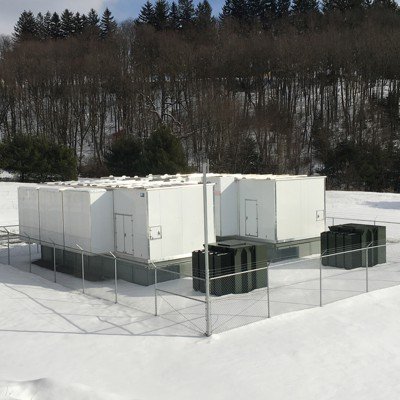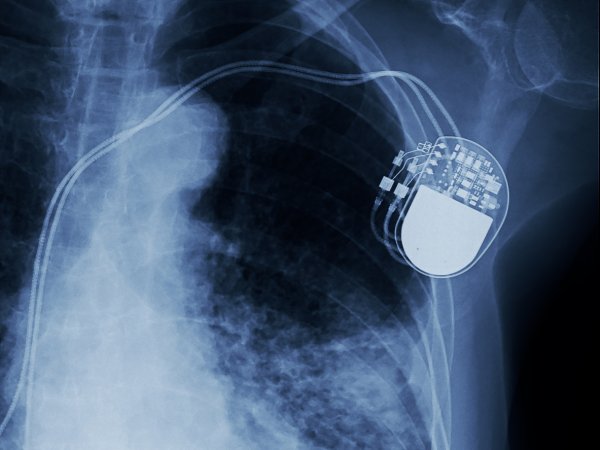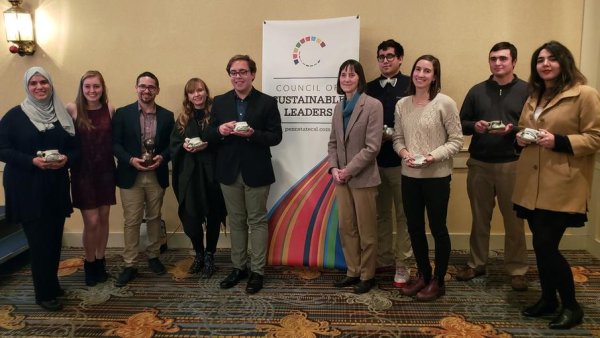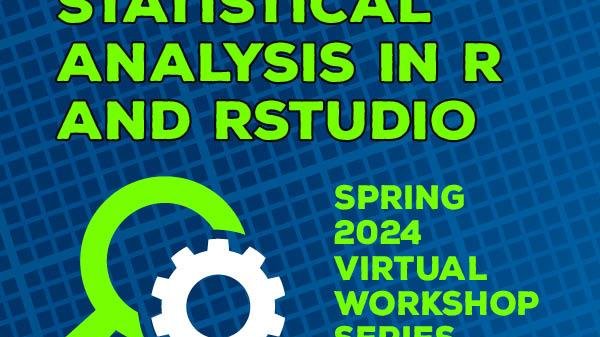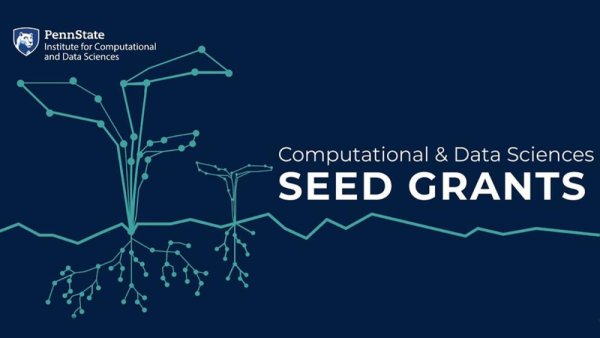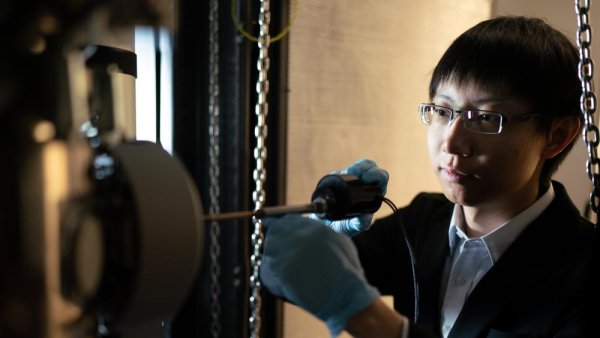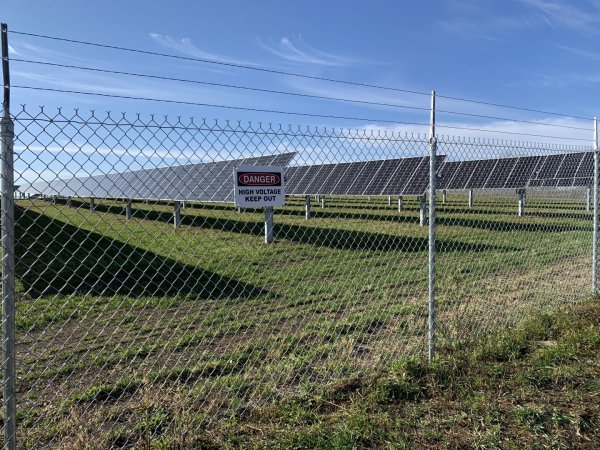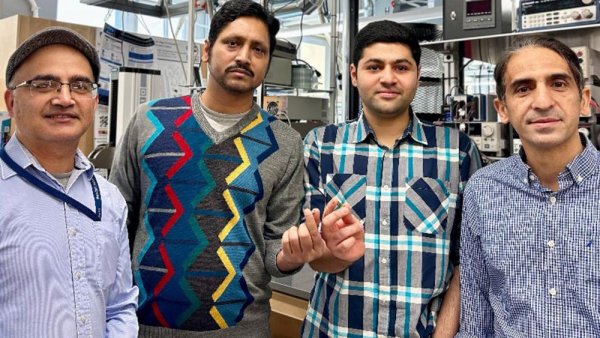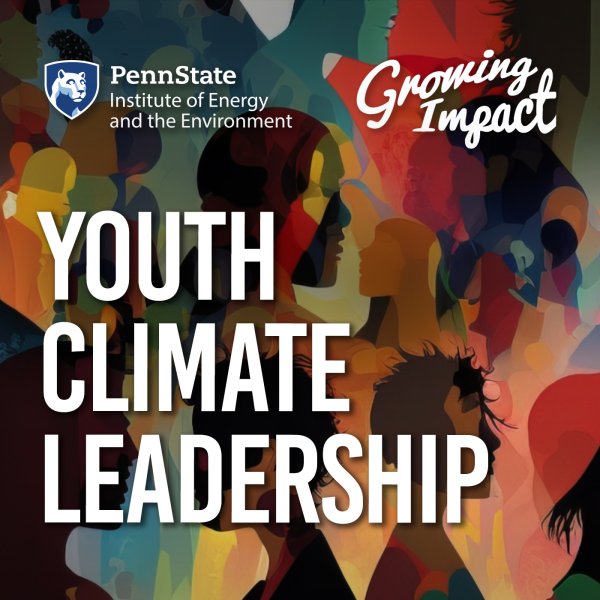Microgrids bringing maximum impact to PA’s energy landscape
| cityandstatepa.com
Localized distributed energy systems are helping protect Pennsylvanians against power outages and high energy costs. This story quotes Jim Freihaut, a professor of architectural engineering.
Dual-energy device unlocks potential for wireless medical implants
| interestingengineering.com
This first-of-a-kind device harvests dual-energy sources simultaneously with high efficiency. This article quotes Bed Poudel, associate research professor of Materials Science and Engineering, and Mehdi Kiani, associate professor of Electrical Engineering.
Nominations open for the 2024 University-wide Sustainability Awards
| psu.edu
Nominations are being accepted through March 22 for the 2024 Sustainability Awards. All members of the University community and the public are encouraged to nominate deserving candidates.
Second annual Penn State water conference slated for March 14-15
| psu.edu
The Penn State Association of Water Students, in collaboration with the Penn State Water Council, will host the second annual water conference, “Penn State Water Conference: Multidisciplinary Perspectives on Water,” on March 14–15 in the HUB-Robeson Center on the University Park campus and on Zoom.
Johnson Lecture in Science Communication to be held April 25
| psu.edu
Melissa Marshall, founder of the science communications consulting company Present Your Science, will give the 2024 A. Dixon and Betty F. Johnson Lectureship in Scientific Communication, titled "Talk Nerdy to Me," on April 25 at 6:30 p.m. in 100 Thomas Building on the Penn State University Park campus.
SEC will consider climate disclosure rules for US companies on March 21 – it’s already facing threats of lawsuits
| sfgate.com
Better information leads to better decisions – this is the idea behind a regulatory device known as “mandated disclosure.” Mandated disclosures are all around you, from calorie counts on fast food restaurant menus to conversations with doctors around informed consent. This article was originally written for The Conversation by Daniel Walters, professor of law.
Libraries announces workshop series on statistical analysis in R and RStudio
| psu.edu
Beginning March 13, the Research Informatics and Publishing department at Penn State University Libraries will offer a series of five virtual workshops on statistical analysis in the programming language R. The workshops are free and open to Penn State undergraduate and graduate students, postdoctoral scholars, faculty and staff. Advance registration is required by March 11.
Institute for Computational and Data Sciences is accepting seed grant proposals
| psu.edu
Penn State’s Institute for Computational and Data Sciences (ICDS) is accepting proposals for its 2024 seed grant program. ICDS seed grants are designed to foster innovative data science and high performance computing-enabled research. Penn State faculty from any campus or college can submit applications now through March 29.
2024 Sustainability Expo to be held April 6 at Shaver's Creek
| psu.edu
The 2024 Sustainability Expo will be held Saturday, April 6, from 11 a.m. to 4 p.m. at Shaver’s Creek Environmental Center.
New structural insights could lead to mechanical enhancement in alloys
| psu.edu
A new class of metallic materials with potential applications in airplane turbines, nuclear reactors and equipment for space exploration can withstand extreme temperatures and resist fractures, but scientists haven’t understood why until now. According to a new study co-led by Penn State researchers, the answer could relate to the material’s short-range order, or the local arrangement of atoms within a material.
Penn State study shows themes for farmers negotiating solar leases
| stateimpact.npr.org
Profit alone isn’t enough for farmers to sign over control of their land.
Dual-energy harvesting device could power future wireless medical implants
| psu.edu
A new wireless charging device developed by Penn State scientists could dramatically improve powering capability for implantable biomedical devices — like pacemakers, insulin pumps and neurostimulators — while still being safe for our bodies, the researchers said.

